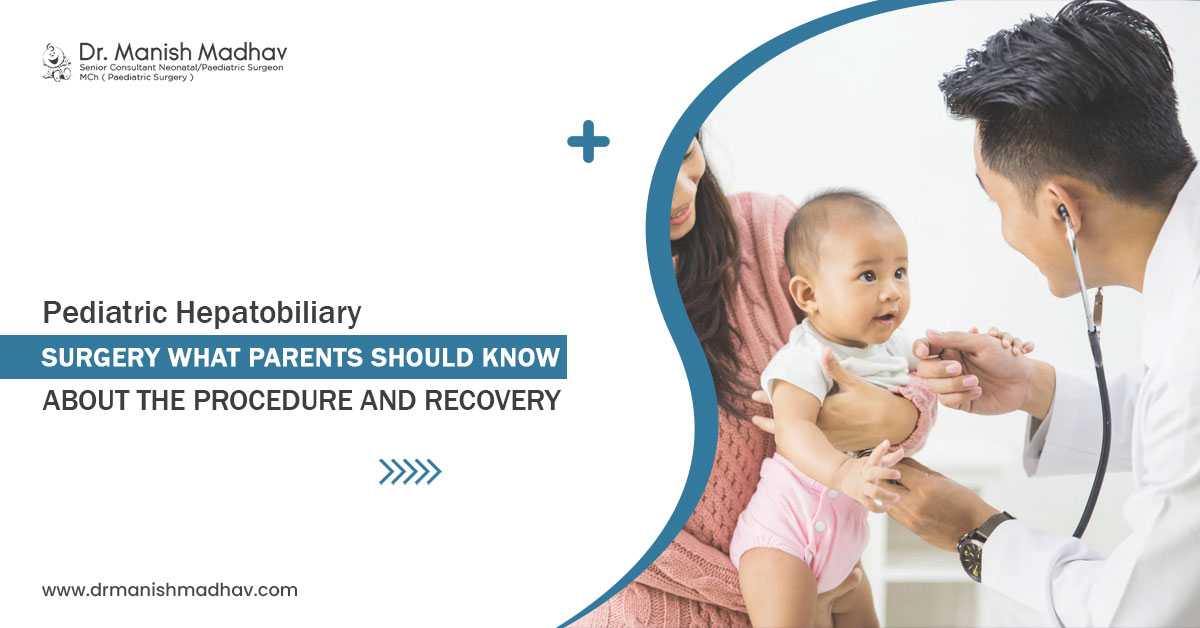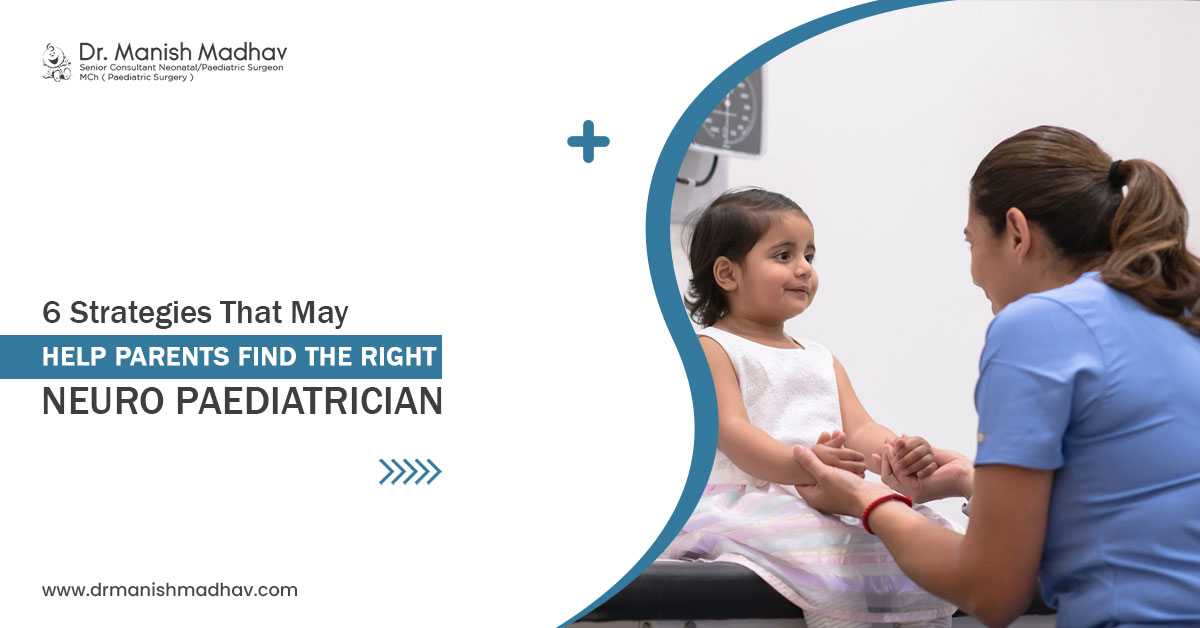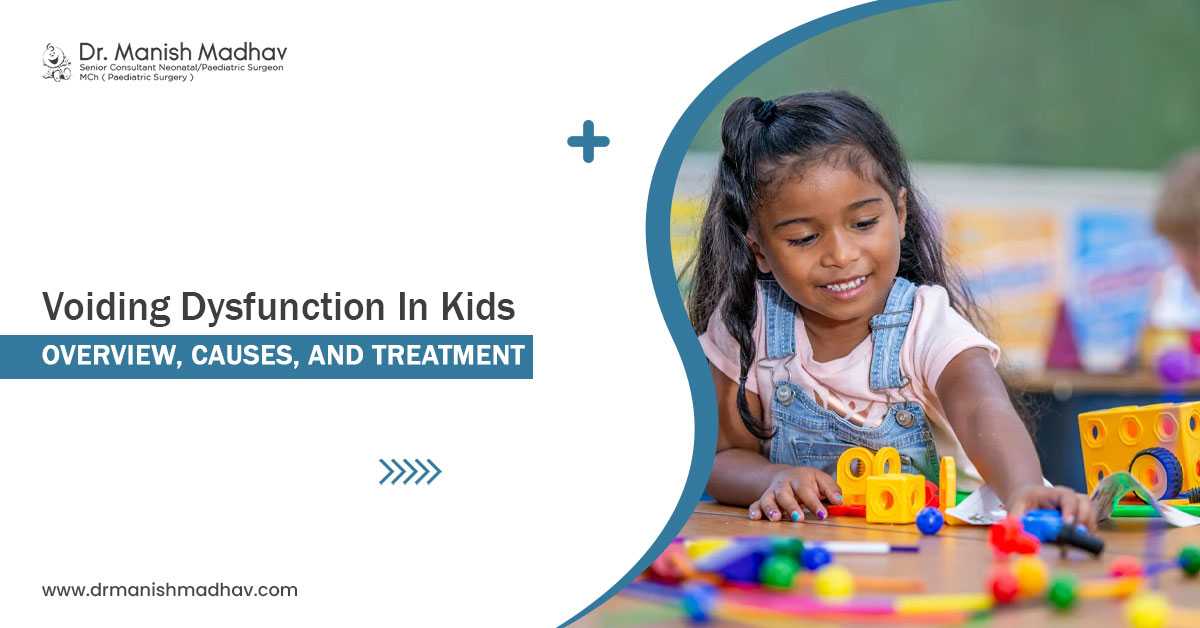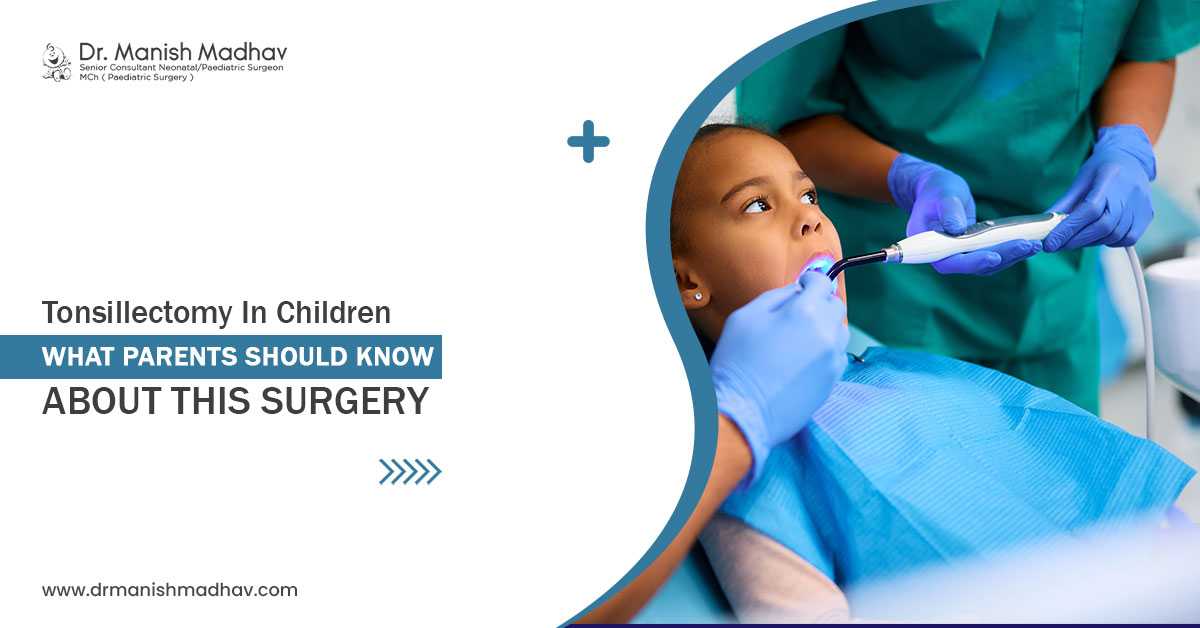For both children and adults, a tonsillectomy is a widely common medical procedure to remove the tonsils. It is a routine surgery that removesthe tonsils. It might take a week or longer to recover from a tonsillectomy, depending on the type of surgery performed on your child. In children and teenagers, tonsillectomies are one of the most common surgeries. They are removed from the throat's rear. For effective child surgery in Siliguri City, Dr. Manish Madhav.
The tonsils have two little glands at the back of the throat, which a paediatric surgeon will remove during this procedure (a tonsillectomy). A tonsillectomy is commonly advised for obstructive sleep apnoea and ongoing throat infections. However, many parents are worried about its needs, risks, and recovery time.
Is It Time to Call the Doctor?
Consult a pediatrician if your childhas a painful throat even after taking pain medication, has a fever, throws up after the first day or after taking medication, or doesn't drink enough water. Visiting a doctor leads to a proper diagnosis. Then, the pediatrician will ensure the right treatment for your little one.
When Is a Tonsillectomy Necessary?
Doctors may recommend a tonsillectomy if a child experiences:
- Frequent Tonsil Infections: More than seven infections in a year or five infections per year over two years.
- Sleep Apnea: Enlarged tonsils can affect breathing during sleep in your kid, leading to poor sleep quality, fatigue, and even behavioral problems.
- Recurrent Strep Throat: Chronic infections caused by streptococci that are resistant to antibiotics.
- Breathing or Swallowing Difficulties: Large tonsils in children can make it difficult to speak, eat, or even breathe comfortably.
- Halitosis, or Persistent Foul Breath:Infected or decayed tonsils can cause chronic bad breath.
Preparing for the Surgery
Your child specialist will give the following preoperative instructions if your kid is scheduled for a tonsillectomy:
- Avoid liquids and food for a few hours before surgery.
- Discontinue some meds that raise the risk of bleeding.
- Talk to the surgical team about any sensitivities or past anesthesia-related problems.
If your kid needs to stop taking any medications, your paediatrician will inform you in the weeks leading up to tonsil removal. Additionally, your kid must avoid food and liquids for a few hours prior to surgery. For tonsillectomy, visit the best paediatric surgeon in Siliguri City.
In the hours leading up to the tonsillectomy, it's vital that your child only consumes clear liquids (as advised by the child surgeon). Your child must have an empty stomach for tonsil surgery. This pediatric procedure involves anesthesia.
During a Tonsil Surgery – What to Expect?
Your child's tonsils (including adenoids) will be removed by the surgeon after your kid hasbeen givengeneral anaesthesia and opened their mouth. A pediatric surgeon may remove the tonsils entirely, or the surgeon may choose to leave a thin layer of tissue in place to assist in protecting the throat.
Following surgery, most children who undergo an intracapsular tonsillectomy also have less discomfort and have easier access to food and drink.Through your child's open mouth, a tonsil surgery is performed.
What to Expect After Surgery
The recovery period for a tonsillectomy varies, but most kids take about 10 to 14 days to heal completely. During this time frame, kids may experience:
- Sore Throat: The most common complaint after surgery (for a few days)
- Pain Management: Prescription meds may help relieve discomfort
- Dietary Restrictions: Soft, cool foods like ice cream, yogurt, mashed potatoes, and applesauce are recommended in the first few days. Spicy, crunchy, and acidic foods should be avoided for optimal healing in your kid.
- Encouraging Hydration: Drinking plenty of fluids is important to prevent dehydration and promote healing in your little one.
- Limited Physical Activity: Strenuous activities should be avoided for about two weeks to reduce the risk of postoperative bleeding after tonsil surgery in children.
If any signs of concern are there, such as bleeding, severe sore throat, difficulty breathing, and high fever, call your child specialist or the clinic immediately. To ensure a successful recovery, speak with your pediatrician about any worries you may have and make sure you follow the instructions for post-operative care. Meet the leading doctor for successful child surgery in Siliguri.






